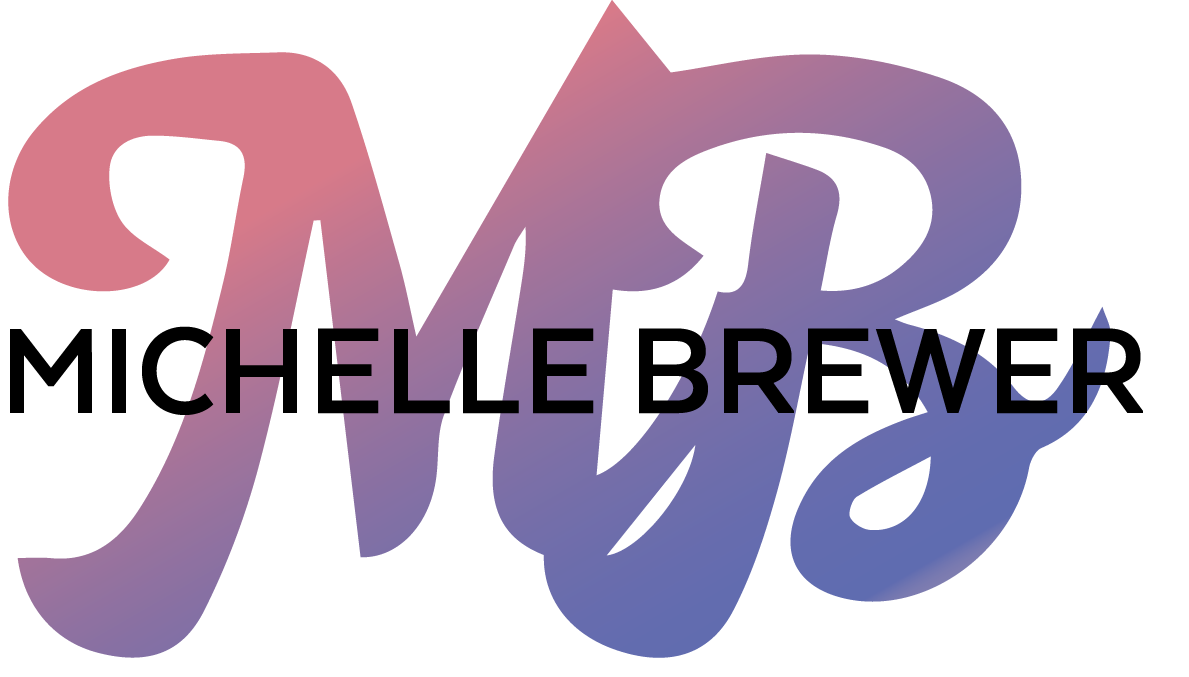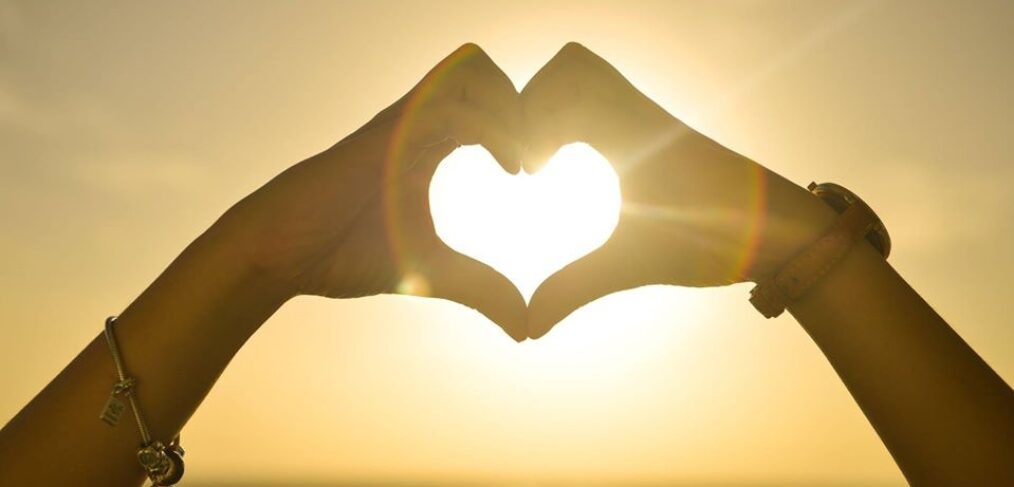One woman’s journey from her body to her soul letting her relationship with food show the way.
The keys to healing.
Put absolute faith in the intuitive eating principles. The beauty of this approach is that it is both physical and psychological. It is most effective when you engage on both fronts. You may start with some understanding of why you eat. But that begins to look very theoretical compared to the insights that emerge when you align your eating with your hunger. I have experienced people brought to tears during mindful eating meditations that I lead. Your normal eating is like a lid on a pot. You use it to keep things down. You can guess what lies underneath. But taking the lid off, if you have the courage to, is when you really see what is going on.

